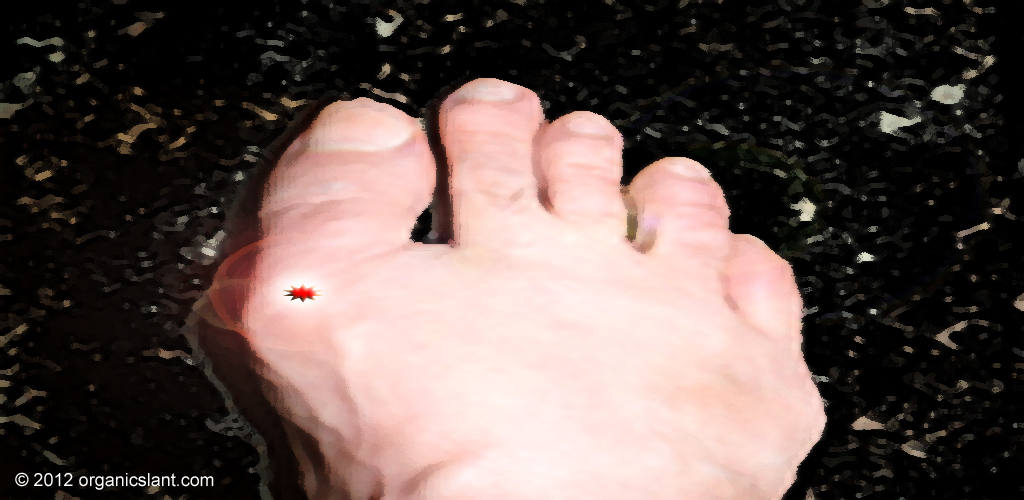A tart, sweet fruit could help to decrease gout attacks among people with the condition, according to a new study. The findings suggest that cherry intake is associated with a lower risk of gout attacks.
The research, published in the journal Arthritis & Rheumatism, shows that eating cherries over two days reduced the risk of experiencing a gout attack by 35 percent. And the effect was even greater when the cherries were consumed in conjunction with the gout drug allopurinol, decreasing the risk of attacks by 75 percent compared with no cherries or drug.
The study included 633 people with gout, with an average age of 54, and 78 percent of whom were male. The researchers tracked them online for a one-year period, and kept up with their symptoms, any medications they were taking and risk factors. They also kept track of any cherries or cherry extract the study participants may have eaten two days before a gout attack occurred. (In this study, a serving was considered to be 10 to 12 cherries.)
By the end of the study period, 1,247 gout attacks were experienced. Among participants who actually ate cherries over the study period, 35 percent consumed fresh cherries, 5 percent consumed fresh cherries and an extract, and 2 percent consumed just cherry extract.
The researchers noted that to an extent, the more cherries that were consumed, the lower the risk of gout attack. “The gout flare risk continued to decrease with increasing cherry consumption, up to three servings over two days,” noted study researcher Dr. Yuqing Zhang, a professor of medicine and public health at Boston University, in a statement. However, eating more than this didn’t seem to have any effect on gout flare risk.
Gout is a form of arthritis that occurs when there are uric acid deposits around the cartilage and fluid of the joints, according to the Cleveland Clinic. The big toe is often affected in gout, though other joints in the legs and sometimes even the arms can be affected; gout attacks manifest as intense pain and swelling in the joint area that is marked by reddish- or purplish-hued skin, the Cleveland Clinic reported.
Previously, a study presented at the American College of Rheumatology’s annual meeting in 2010 showed that caffeine could actually raise the risk of gout attack, with the more caffeine consumed, the higher the risk of gout attack recurrence, WebMD reported.
The findings support years of anecdotal reports from patients that cherries help keep the inflammatory arthritic condition in check, doctors here say.
Still, the study does not prove cause and effect, just that there appears to be an association between eating cherries and a lower risk of recurrent gout attacks. People with gout who eat cherries may share some other characteristic that makes them less prone to flare-ups.

 Study finds novel treatment targets for gout
Study finds novel treatment targets for gout Compound in fruit peels halts damage and spurs neuronal repair in multiple sclerosis
Compound in fruit peels halts damage and spurs neuronal repair in multiple sclerosis Natural Painkillers And Strong Antioxidants Found In Tart Cherries
Natural Painkillers And Strong Antioxidants Found In Tart Cherries Brazilian Acai Berry Antioxidants Absorbed By Human Body, Research Shows
Brazilian Acai Berry Antioxidants Absorbed By Human Body, Research Shows
When I got gout, my friends suggested me to eat cherries every day. Cherries are rich source of antioxidants along with many berries and may cut risk of gout flare-ups. I also used CherryFlex Gout Supplements for healing my gout in a short period of time. I’ve been maintaining this for less than a month and I feel that I’m gently healed.